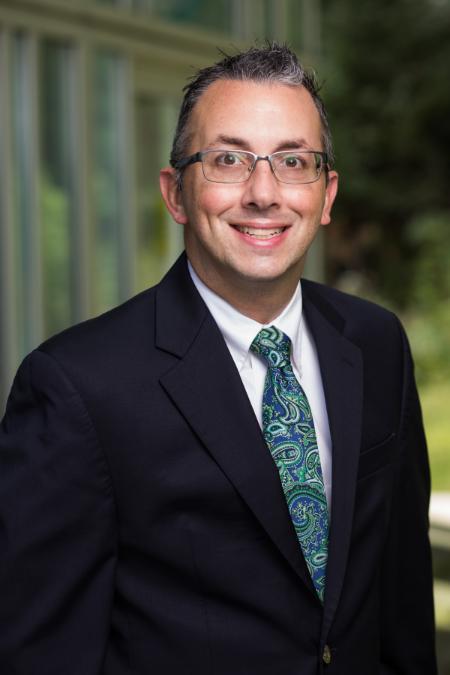Ryan Travia
Associate Vice President for Student Success
Ryan Travia is Associate Vice President for Student Success at Babson College, having previously served as Babson’s first associate dean of students for wellness. As AVP for Student Success, Ryan provides leadership and strategic direction for a comprehensive portfolio that includes: accessibility services, counseling and psychological services, COVID-19 Testing Center, health services, religious & spiritual life, student advising & success, and wellness & prevention services. Ryan serves as a senior on-call dean, responding to student and campus crises, and chairs the Campus Assessment, Response, & Evaluation (CARE) Team, a multidisciplinary committee that functions as a hybrid students of concern and behavioral intervention team.
Prior to joining the Babson community, Ryan spent a decade at Harvard University as the founding director of the Office of Alcohol & Other Drug Services (AODS). In this capacity, Ryan provided vision and leadership for the development, implementation and evaluation of a comprehensive substance abuse prevention program focused on education, intervention, policy development, and coordination with treatment providers. As the first substance abuse prevention specialist in University history, Ryan’s leadership saw the implementation of a multitude of programs that promoted safer practices among students and monitored the effectiveness of University protocol regarding alcohol and other drug abuse. Among Ryan’s many accomplishments at Harvard, two of which he is most proud include authoring the University’s first Amnesty Policy and creating a nationally-recognized, award-winning peer education program, the Drug & Alcohol Peer Advisors (DAPA). Ryan also held a dual appointment as founding director of Harvard’s Department of Health Promotion & Education. In this role, Ryan oversaw the Office of Sexual Assault Prevention & Response, Health Education, and coordinated a multidisciplinary team of health professionals from medicine, nursing, nutrition, mental health, and wellness in support of an integrated and holistic approach to health and well-being. Ryan previously led the alcohol and drug education program at Dartmouth College.
Ryan holds a bachelor’s degree in Human Development and Elementary Education/Moderate Special Needs and a master’s in Educational Administration, both from Boston College, as well as a doctorate in Higher Education Management from the University of Pennsylvania. His research interests include institutional decision-making and restructuring at institutions that have been intentional about leveraging the connectivity between student and academic affairs to create more seamless learning environments for students. Ryan has held a variety of leadership roles with the American College Health Association (ACHA), the BACCHUS Initiatives of NASPA – Student Affairs Professionals in Higher Education, and the New England College Health Association (NECHA). Ryan frequently provides expert consultation and external reviews to institutions of higher education, independent schools, and other organizations on issues pertaining to substance abuse prevention, health promotion, peer education, and various health and wellness services. Ryan is the lead author of two recent articles on framing and measuring well-being in college campus settings.
His energetic and visionary contributions to student leadership have been noted with such awards as Outstanding Advisor and Outstanding Peer Education Group through BACCHUS. The New England College Health Association presented Ryan with the prestigious President’s Award, honoring a dedicated leader in the educational community who demonstrates creativity and innovation. Ryan was also the inaugural recipient of Babson’s “Early Impact Award,” presented to an individual for demonstrating leadership in modeling Babson’s core values (Integrity, Diversity, Innovation, Collaboration, and Excellence). Ryan continues to give tirelessly to improving the lives of students and helping them make positive personal decisions regarding their health and safety.
